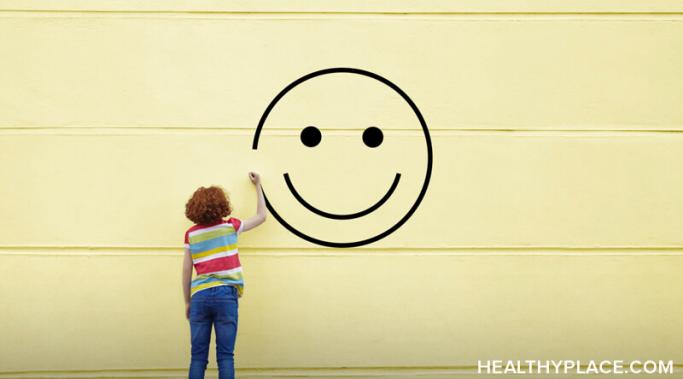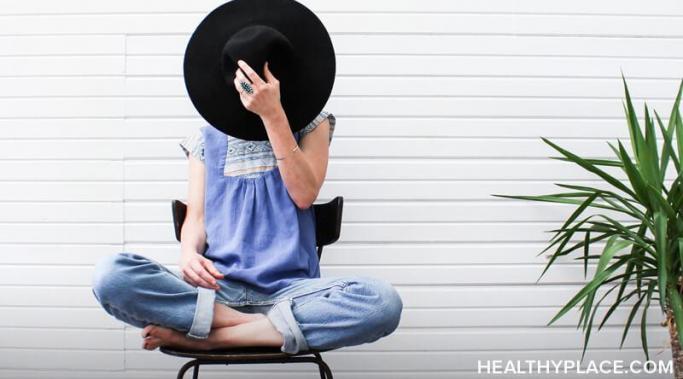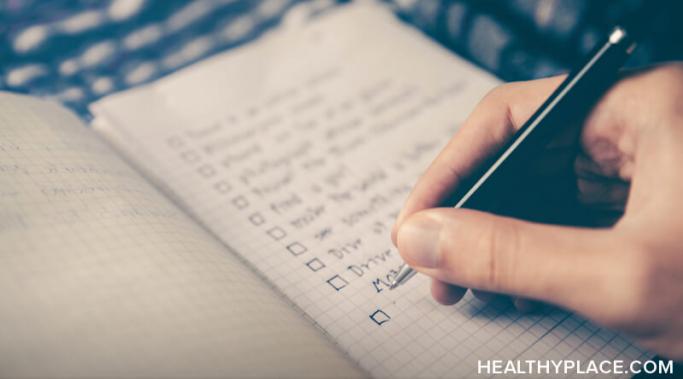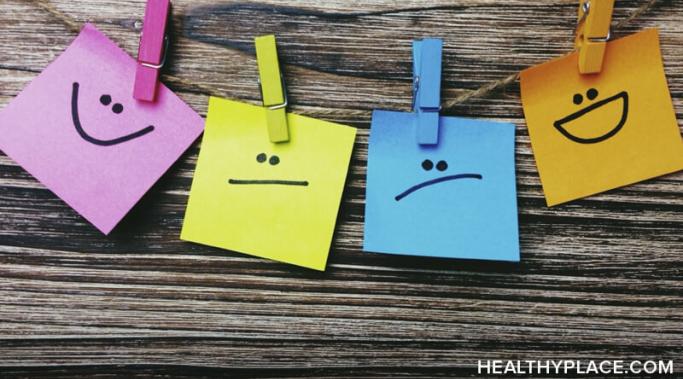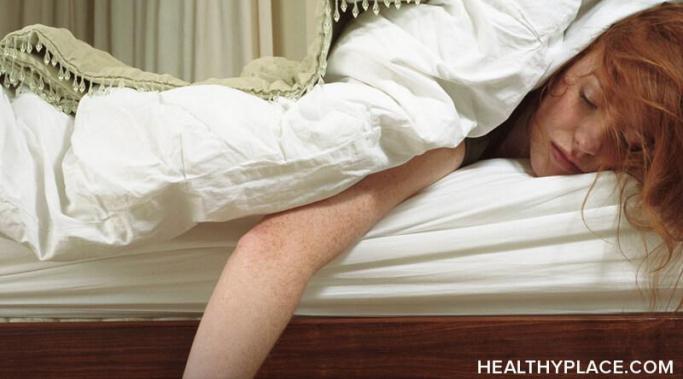Let's face it -- getting through the day with a mental illness can sometimes feel like an uphill battle, so having good mental health habits is priority one. My biggest challenge is avoiding stress-induced mental illness symptoms. It helps to go day-by-day, step-by-step, and to remember my priorities. Here are a few everyday habits I have developed to keep my recovery on track.
Lifestyle Changes
I am a different person than I was before my mental illness. The year was 2004. I knew I needed help and my parents invited me home. My mental illness was paralyzing, and although I had big dreams, my life was at a standstill.
Emotional resilience is very important to a person's wellbeing. It is a way to describe how well you mentally bounce back from upsetting situations and events. Resilience can be crucial in mental illness recovery where stress can aggravate symptoms. Being able to better handle stress improves stability.
The bullet journal is one of the best planners for people living with a mental illness, and I'll tell you why. Organization can be an incredibly important part of mental health recovery, and one of the best organizational systems for those of us with mental illness is the bullet journal. Basically, a bullet journal is a planner you create yourself using a blank notebook. This system allows for all kinds of organizational techniques, from the most colorful creativity to the most bare-bones minimalism.
Having a baby affected my mental health recovery. I knew when my daughter was born three years ago that my life would never be the same. I had lots of support, but I still wasn't sure how having a baby would affect my recovery from schizoaffective disorder.
There are a lot of resources out there for how to deal with seasonal depression in the wintertime, but what about summertime depression? Coping with summertime depression is difficult because the sun is shining, the days are long, and the pressure to enjoy ourselves is high. For some of us though, summer brings with it unique challenges that can cause worsening depression symptoms.
You'll never know what you're truly capable of until you take risks and push yourself. This applies to everyone -- with or without a mental illness.
Is your habitual thinking helpful or unhelpful to your mental health recovery? Today, my therapist completely changed my approach to recovery, and even more importantly, she changed how I see myself and my decisions. With one simple question, she encouraged me to be more compassionate toward myself than I have been in years. I was explaining to her how I tend to get stuck in my mind whenever I feel I've failed or messed up because I sit and think about what I've done wrong, why, and why that makes me a terrible person. She asked, "Okay, but how does that help you?"
I've struggled a lot with getting a good night's sleep. Almost every night I laid awake with my racing, anxious thoughts. I was exhausted physically, but couldn't quiet my mind. Once I finally fell asleep it wasn't for long. I would get up several times throughout the night. Some days I couldn't keep my eyes open at work. I would find a way to take a nap if at all possible. My situation felt desperate so I have been on a quest the past several months to discover ways to get a good night's sleep.
It's nearly impossible to stay calm and focused when you're a frazzled working mom. There's a lot coming at me right now and there's even more I want to do in the future. However, day-to-day life can be so grueling that those future plans seem hard to fathom. Some nights I congratulate myself just for getting through the day. Here are five things I do to keep me moving forward even when I'm ready to throw in the towel.
